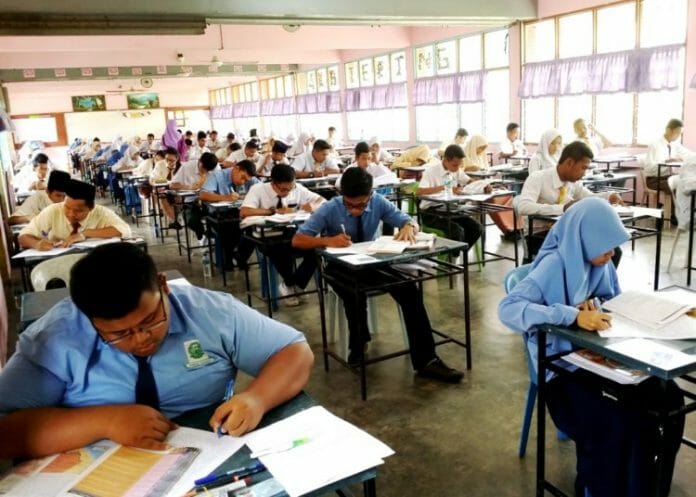With more than 10 months away from school, students will bound be missing out some of the most crucial education period in their academic years. Is it estimated 1.5 billion students across 165 countries to be out of school during the Covid-19 pandemic according to UNESCO, while developed countries have stellar online system in place for learning to continue, Malaysia is far from the infrastructure as evident during MCO 1.0.
To ensure educators can reach as many students during lockdown, the Institute for Democracy and Economic Affairs welcomes the expansion of educational TV announced by MOE and urges MOE to ensure comprehensive coverage of main subjects for all levels from primary to secondary on television.
With the implementation of MCO 2.0, face to face schooling sessions in Johor, Melaka, Penang, Sabah, Selangor and Wilayah Persekutuan would be closed except for students sitting major local examinations in 2020 and 2021. Teaching and learning for other students will be transferred to online learning. The Education Minister announced yesterday that educational programmes will be provided on television.
Commenting on the issue, Wan Ya Shin, Research Manager of Social Policy Unit in IDEAS, said “As we know there are many challenges in accessing online learning for students. Challenges such as lack of proper devices, access to the internet and steady connection, conducive environment for learning and parental guidance as parents need to work. The continuation of online learning that does not address these issues will result in a “lost generation” and increase education inequality.”
“We need to expand the coverage and reach of the teaching and learning to students who do not have access to online learning as they are the most vulnerable and more likely to drop out of school.”
“The expansion of classroom teaching via television should be comprehensive to cover all main subjects for all levels from primary to secondary to be aired on television throughout the day to ensure that children are not left behind.”
“We are unsure how long this situation will persist. Therefore, we cannot risk the future and education of our children.” she said.
The television would be the best reach as 98.6% of households have television compared to only 87% households have internet according to the ICT Use and Access Survey in 2018.
Tricia Yeoh, CEO of IDEAS added, “After almost a year of experiencing continued disruption to our children’s education, we must now identify innovative solutions to ensure they are able to continue learning. The COVID-19 situation is nowhere near easing, and implementing television-based learning is certainly a low-hanging fruit that can be immediately put into place. I look forward to seeing how the government can adapt existing facilities creatively to achieve continued education.”
-Commentary from IDEAS









